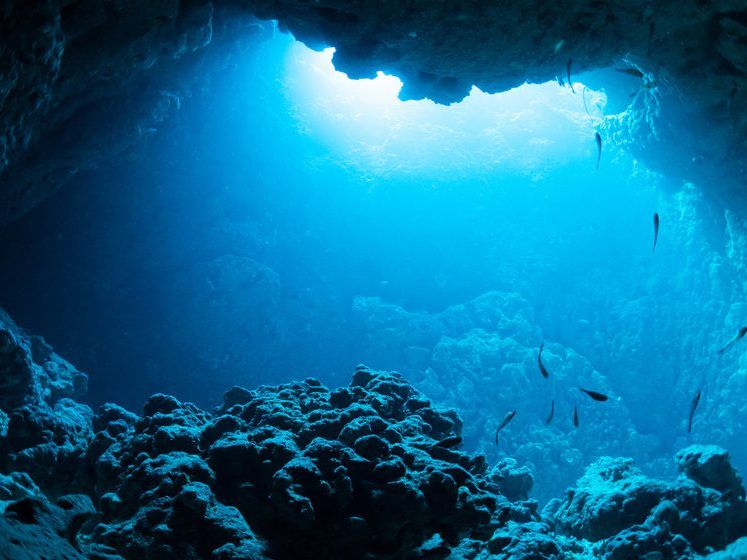The Centre has drawn up an ambitious Rs 4,168.5 crore plan for the development of technologies for deepsea exploration and mining which will include the use of underwater vehicles and robotics, according to official information released on Monday.
The project to be carried out in two phases over five years will include research work that can result in formation of a roadmap on climate change and help in developing a desalination plant powered by tidal energy to tap freshwater from the ocean. A manned submersible vehicle for 6000 m depth is also proposed to be developed as an ocean exploratory tool.
Ministry of Earth Sciences is the nodal agency for implementing the programme which will be under a Central scheme and no separate allocation for States is envisaged. It is proposed to collaborate with non-governmental organizations for research collaboration for various components of Deep Ocean Mission.
Similar to ISRO
The official statement said that the Deep Ocean mission aims to study various aspects of the ocean in an integrated framework in the same way as the Indian Space Research Organisation (ISRO) has been studying outer space. It is proposed as a multi-ministerial multi-disciplinary programme with emphasis on development of deep sea technology, exploration of deep sea mineral resources and biodiversity, acquisition of a research vessel for exploration, deep sea observations, and capacity building. It focuses on giving a boost to exploration of India's Exclusive Economic Zone and Continental Shelf.
Massive potential
India has an Exclusive Economic zone allocated 2,200,000 square km (850,000 sq mi) which is unexplored and unutilised. India has been allocated a site of 150,000 km2 (58,000 sq mi) in Central Indian Ocean Basin (CIOB) by the United Nations International Seabed Authority (ISA) for the exploitation of polymetallic nodules (PMN) which is an amalgamation of iron and manganese hydroxide.
It has been estimated that 380 million metric tonnes of PMN are available at the bottom of the seas in the central Indian Ocean and it is estimated that 10% of recovery of that can meet India's energy requirement for next 100 years.
The study of the ocean in India began when the Government sponsored the program on polymetallic nodules (PMN) initiated at CSIR-NIO with the collection of the first nodule sample from Arabian sea on board the first research vessel Gaveshani on 26 January 1981 and India was the first country in the world, to have sponsored the exploration of deepsea mineral viz polymetallic nodules, in the central Indian Ocean basin in 1987.




















